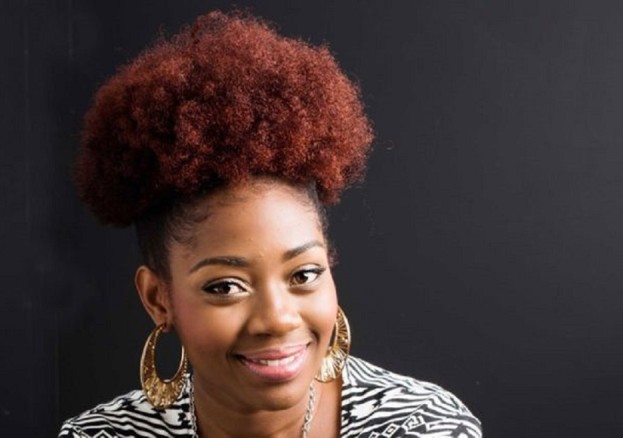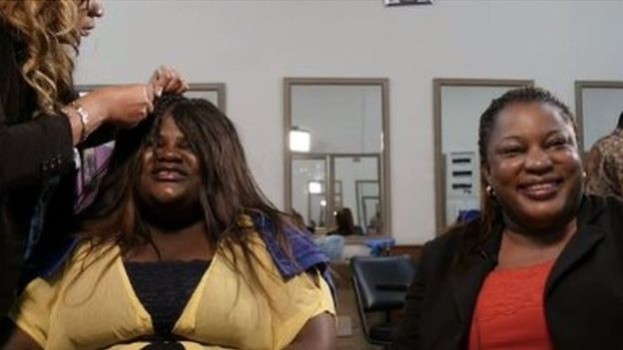
Leila – not her real name – says her London employer has told her on a number of occasions not to turn up for work with her natural hair.
She says she has been encouraged to wear a weave to disguise her afro hair.
It is not the first time that work dress codes have come under scrutiny.
Nicola Thorp from Hackney, east London described how she was sent home from work for refusing to wear high heel shoes..
But unlike Nicola whose petition calling for a change in dress code laws for women has reached 130,000, Leila says the pressure to conform to western ideals of beauty has become a struggle that she has learnt to accept.
“I am West African, and I work at a consultancy firm in London. I am always being made to feel that my natural hair gives the impression that I am unprofessional”, says Leila.
“A few years ago I had my hair styled in cornrows and I was asked quite blatantly by my boss how long it would be before my hair was back to ‘normal’.
“I was taken aback. I could not believe what I was hearing.
“Although shocked, I did change my hairstyle – I did not want my hair to be the cause of problems for me at work.”

Watch Tracey getting her weave
‘With a weave I am seen as an equal’
“I had a weave so that my hair looked more like my colleagues. But surely I should be able to show my natural hair?
“I don’t mind having a weave but it’s just that I do not have a choice and that is unfair. It’s as though with the weave I am seen as an equal and I fit into a visible mould.
“Without it I am simply not taken seriously. I have now learnt to adapt and accept this but sometimes I wonder why.”

“I have thought about raising it as a grievance but it’s just not worth the trouble.
“On one occasion on the train, my colleague pointed out a woman in the carriage with afro hair.
“She began talking to me about how horrible and unprofessional the woman’s hair was. Did she not realise my natural hair was the same?
“But this is not a unique situation – my friends and I will often discuss how colleagues react to our hair.”
Risk of discrimination against black employees
Anna Birtwistle is a partner at specialist employment and partnership law firm, CM Murray LLP.

“The most common pitfalls for employers in this area are religious and gender discrimination but it is entirely possible that a case might be brought on grounds of race or nationality”, says Anna.
“While employers have the right to apply dress codes, an employer who prohibits afros in the workplace risks the allegation that they are discriminating against black employees, and would need to objectively justify that policy by reference to the job in question.
“Justification for ‘grooming’ policies are often made by reference to health and safety issues or corporate image.
“It is certainly difficult to see any legitimate argument why afros should run counter to the image of a professional workplace.
“In addition, an employer is going to struggle to justify that position if, for example, it can be shown that white employees with curls are permitted to wear their hair natural.”

See pictures of Fify’s journey from relaxed to natural hair
‘A weave makes life at work easier’
“My friend has recently moved to London from the north of England – she also went to work with her natural afro hair and was told it was not professional”, says Leila.
“She has now also resorted to changing her hair. I have got over it now because having my weave makes life at work easier, but it’s such a shame in this day and age.
“I really do think this is an important issue that needs to be addressed.
“I hope my story will help young professionals to take a stand and be brave enough to go to work with their natural hair despite what people may say.”
